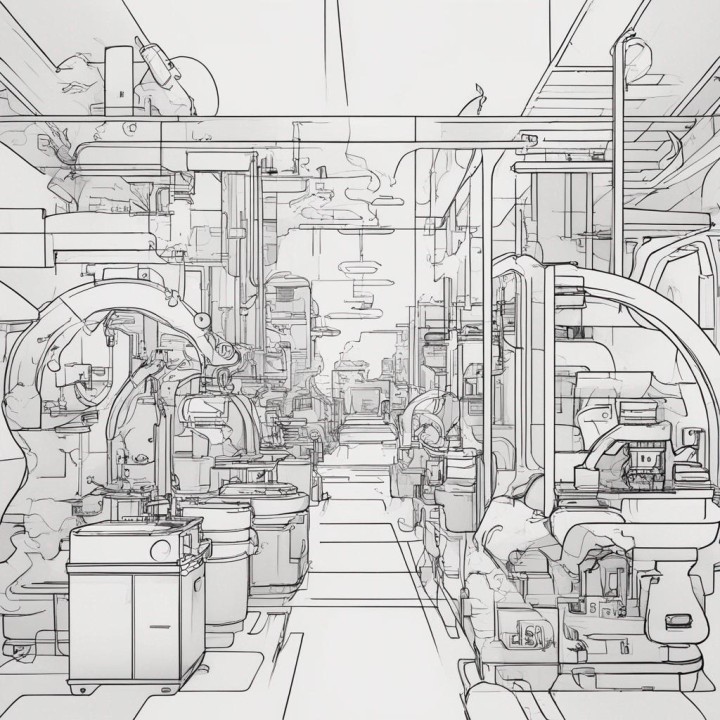Embracing the Future: The Role of AI in Transforming the Manufacturing Industry
Introduction
The manufacturing industry stands at the brink of a new era, powered by digital transformation. At the heart of this revolution is Artificial Intelligence (AI), which is rapidly changing how manufacturers operate, innovate, and compete in a global market. This article explores the multifaceted role of AI in reshaping the manufacturing landscape.
Automating Processes and Enhancing Efficiency
One of the primary applications of AI in manufacturing is the automation of routine tasks. AI-driven robots and machines are increasingly handling repetitive tasks, resulting in higher efficiency and lower chances of human error. This automation extends beyond physical tasks to include administrative and decision-making processes, where AI algorithms can analyze data and provide insights more quickly and accurately than human counterparts.
Predictive Maintenance: A Game-Changer
AI has revolutionized maintenance in manufacturing. Predictive maintenance, powered by AI algorithms, can analyze data from equipment sensors to predict potential breakdowns before they occur. This proactive approach saves costs, reduces downtime, and extends the life of machinery.
Quality Control and Assurance
AI systems, equipped with machine vision, are transforming quality control processes. These systems can inspect and detect defects more rapidly and accurately than the human eye, ensuring products meet the required standards and specifications. This not only improves product quality but also enhances customer satisfaction.
Supply Chain Optimization
AI is playing a crucial role in optimizing supply chains, making them more responsive and efficient. By analyzing vast datasets, AI can forecast demand, optimize inventory levels, and identify the most efficient delivery routes. This not only reduces waste but also ensures that products are delivered faster to the market.
Personalized Production
In an age where customization is king, AI is enabling manufacturers to offer personalized products at scale. AI systems can quickly adapt production lines to customer specifications, allowing for a level of customization that was previously unfeasible in mass production.
Enhancing Worker Safety
AI is also improving workplace safety in manufacturing environments. By analyzing data from various sensors, AI can identify potential safety hazards and alert workers and managers, thereby preventing accidents and improving overall workplace safety.
Challenges and Considerations
While AI presents numerous opportunities for the manufacturing industry, it also brings challenges. There are concerns about job displacement due to automation, the need for upskilling employees, and ensuring data privacy and security. Manufacturers must navigate these challenges thoughtfully to fully harness the benefits of AI.
Conclusion
AI is not just a tool for the manufacturing industry; it’s a catalyst for a complete transformation. By improving efficiency, product quality, and innovation, AI is helping manufacturers stay competitive in a rapidly evolving global market. As technology continues to advance, the potential applications of AI in manufacturing will only grow, promising an exciting future for the industry.

